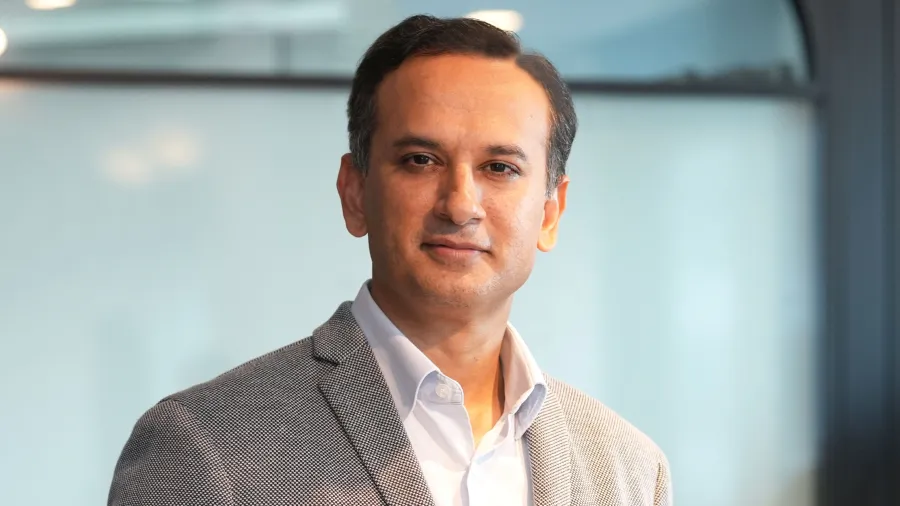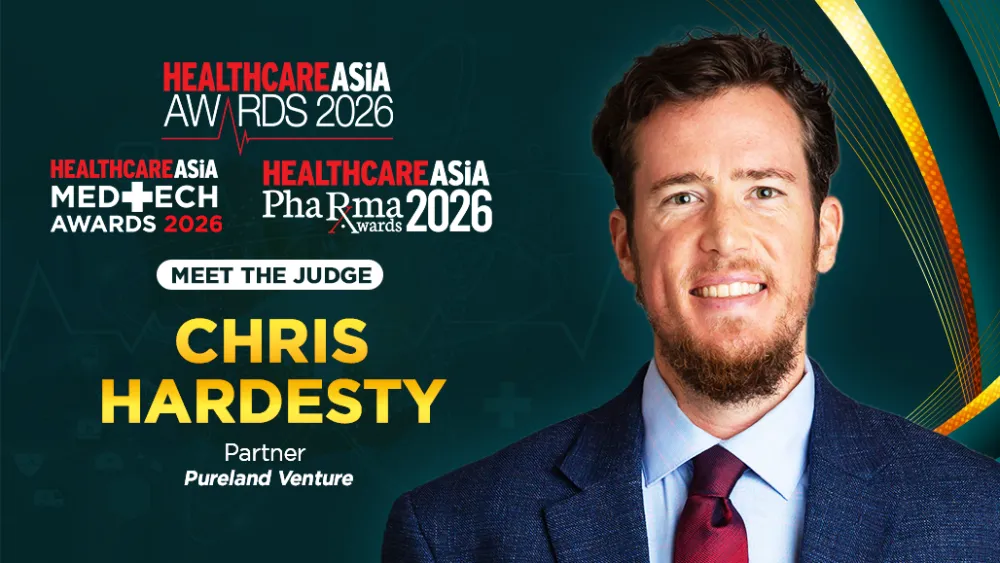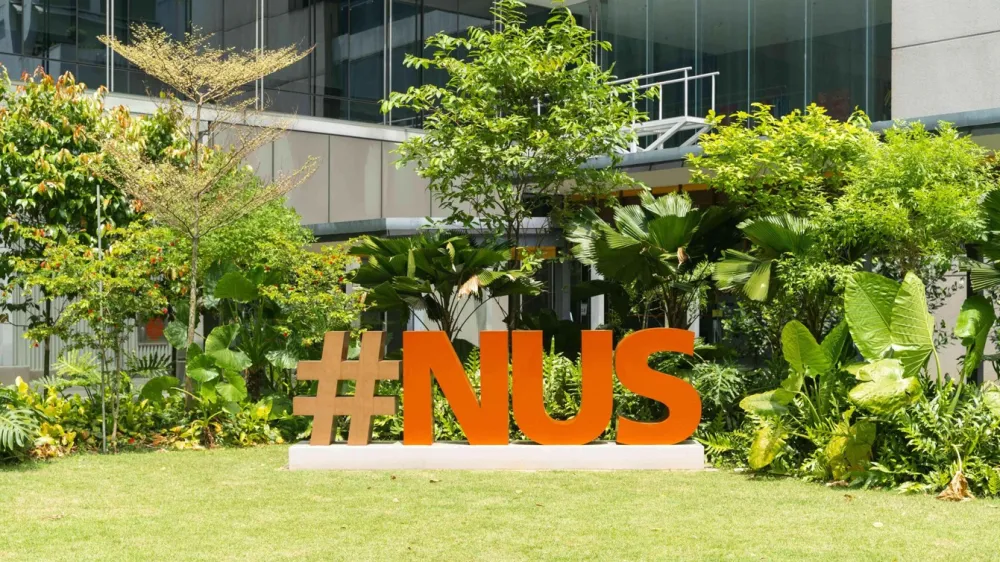
Discover cutting-edge strategies reshaping healthcare delivery with EY’s Abhay Bangi
Explore the complexities of the healthcare landscape, as well as innovation and transformation within the sector, guided by the EY expert’s visionary insights.
Healthcare today stands at a crucial juncture, navigating through rapid advancements in technology, evolving patient needs, and diverse cultural landscapes.
Abhay Bangi, Partner at Ernst & Young specialising in Strategy and Transactions with a focus on ASEAN Health Sciences & Wellness, brings over two decades of expertise in guiding healthcare entities through this dynamic terrain. As a judge in the Healthcare Asia Awards 2024, his insights shed light on pivotal factors shaping the industry, from digital health platforms to cross-border healthcare strategies.
Bangi's extensive background encompasses advising corporates, private equity firms, and sovereign wealth funds on market dynamics, growth strategies, and strategic planning. A regular speaker at healthcare conferences and a prolific contributor to industry publications, Bangi's expertise spans innovation, disruption, mergers and acquisitions, and healthcare megatrends in the Asian context.
Strategies for digital health platforms
Discussing digital health platform strategies, Bangi emphasised the importance of clear business case definition, seamless integration, patient-centric design, and robust clinical support. “We foresee typical impact areas to be around improved access to care, reduced overall cost of care, effective management of healthcare workforce shortage, and better experience and clinical outcomes,” he said.
In leveraging technology and innovation to boost procurement, staff productivity, and asset utilisation, Bangi highlighted the transformative potential of generative AI, which has been seeing significant developments.
Bangi foresees Gen AI as useful in streamlining documentation and knowledge management for clinicians, designing diagnosis and clinical treatment plans, as well as enhancing demand prediction and asset utilisation through AI applications. For him, the technology promises significant efficiency gains.
“The important aspect here is to pilot and adopt these new technologies & AI applications through integration with the existing system and not design a standalone system that would lead to a poor adoption rate,” he added.
Navigating cultural diversity in healthcare innovation
Implementing innovative healthcare solutions in culturally diverse markets presents its own set of challenges. As Bangi explained, “[There is] no one size fits all to understand which innovative solutions would work in a particular market. It is important to understand their culture and medical practice.”
He stressed that different cultures come with their own distinct set of beliefs, values, ethical considerations, and practices. All of these factor into patient and doctor behaviour, hence influencing the possibility of implementing new solutions.
To further illustrate his point, he noted that some countries may not be accepting of Gen AI applications as they perceive doctors to have all clinical knowledge. “[It is] critical to gain the confidence of clinicians or clinical teams before exploring advanced use cases,” he said.
Other important considerations that Bangi stressed as crucial for the successful integration of healthcare solutions are addressing language barriers and accommodating varied medical coding standards, based on medical practices being followed (e.g. US and UK practices) as well as coding used by other players (e.g. private insurers, universal healthcare providers, etc.). This nuanced approach is essential to navigate the intricacies of healthcare delivery across the ASEAN landscape.
Emerging trends and evolution
Looking ahead, Bangi discusses emerging trends in healthcare M&A, highlighting the focus on ambulatory centre set-ups, expansion of speciality clinics, centres of excellence particularly for cardiac, oncology, and ortho, and the consolidation of primary and specialist clinics. These trends, coupled with strong investment in secondary and tertiary care providers in ASEAN, are reshaping the healthcare industry's landscape in Southeast Asia.
Cross-border healthcare strategies are also evolving, with a growing emphasis on vertically integrated platforms across primary, secondary and tertiary settings, along with ancillary service units such as laboratories, radiology, and pharmacy arms.
High-acuity centres are also picking up pace within the SEA region, expected to make best-in-class clinical practices accessible to all markets. Partnerships with global or regional healthcare players targeting medical tourism further underscore the region's commitment to delivering world-class care.
As a judge at the Healthcare Asia Awards, Bangi prioritises clinical excellence, innovation, and sustainability when evaluating healthcare initiatives. Particularly, objective and evidence-based outcomes, innovative processes impacting workforce productivity and patient experience, and scalable solutions that improve accessibility, affordability, and outcomes are part of his key criteria in recognising excellence within the industry.



















 Advertise
Advertise







